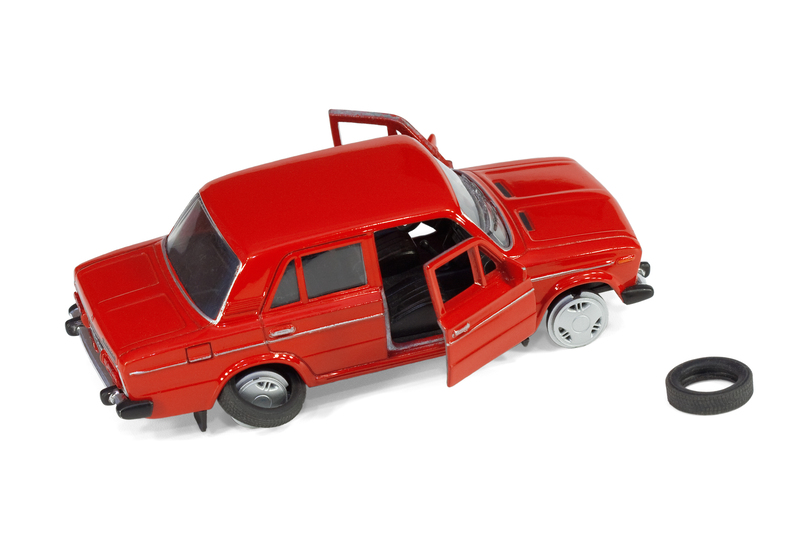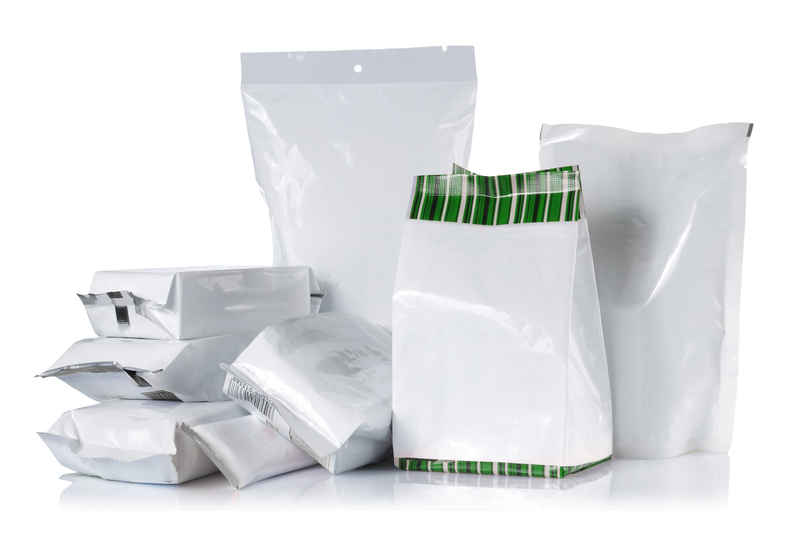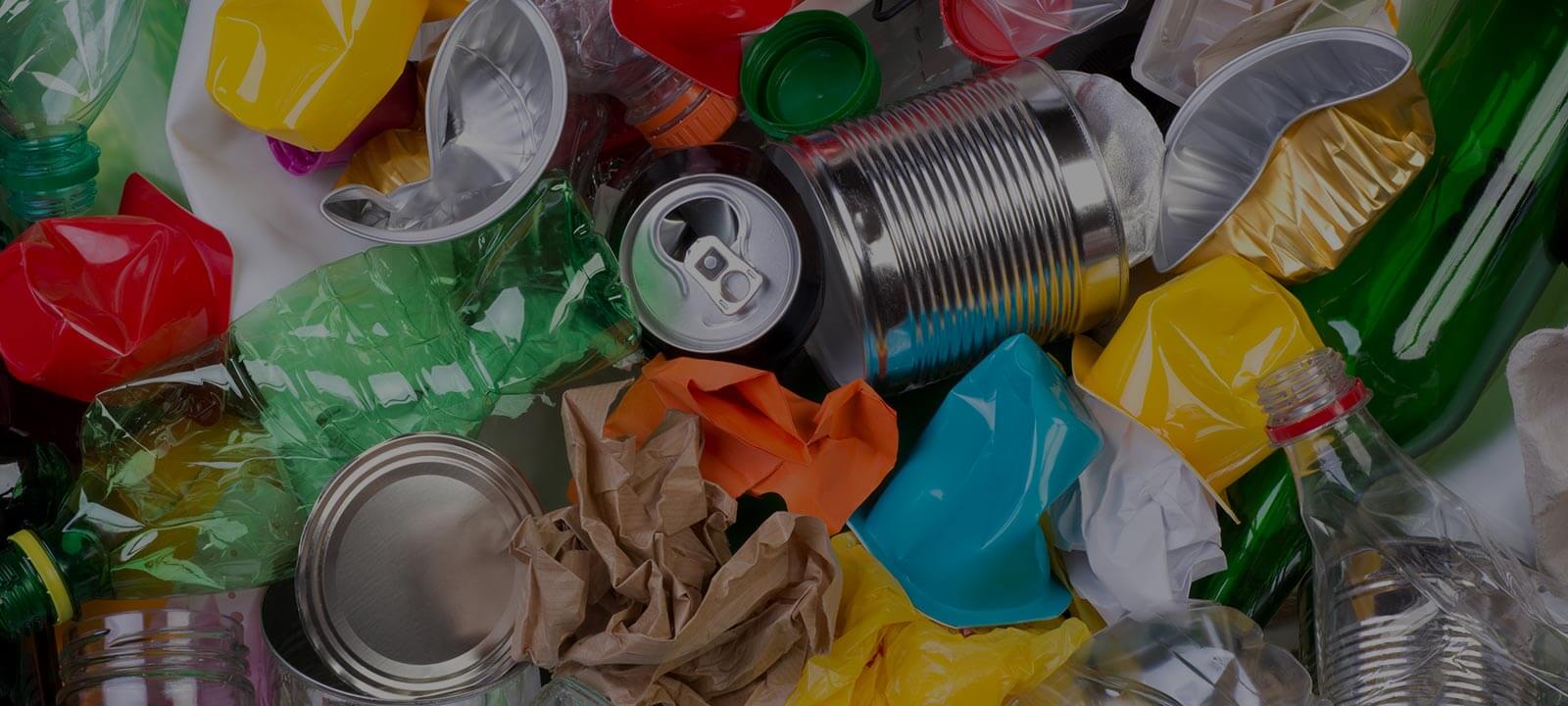Refine Your Recycling Habits
Posted on 08/11/2024
Recycling is one of the most effective ways to reduce waste and conserve natural resources. However, refining your recycling habits can make a significant difference in how impactful your efforts are. This article will guide you through the steps to enhance your recycling practices, making them more efficient and sustainable.
Understanding What Can and Cannot Be Recycled
Before you start refining your recycling habits, it is crucial to understand what materials can and cannot be recycled. Common recyclable items include paper, cardboard, glass, and certain plastics. However, not all plastics are recyclable, and materials like Styrofoam, plastic bags, and certain types of electronic waste often need specialized disposal methods.

Separate and Sort Materials Correctly
One of the key components of effective recycling is proper sorting. Make sure to separate paper, cardboard, glass, metals, and plastics into different containers. Contaminated recyclables, such as greasy pizza boxes or food-stained paper, should be avoided as they can ruin entire batches of recyclables.
Clean Your Recyclables
Cleaning your recyclables before putting them into the bin can greatly increase their chances of being recycled. Rinse out containers and remove any residues to prevent contamination. This straightforward step goes a long way in ensuring that your recyclables are actually processed.
Reduce, Reuse, Then Recycle
While recycling is important, reducing and reusing should come first. Focus on purchasing products with minimal packaging, and opt for reusable items such as cloth bags, bottles, and containers. When products can no longer be used, that's when recycling should come into play.
Educate Yourself on Local Recycling Guidelines
Recycling rules can vary significantly depending on your location. Check your local waste management guidelines to ensure you are following the correct procedures for recycling in your area. Some cities have specific rules about rinsing, sorting, and even the types of recycling bins to use.
Pros and Cons of Refining Recycling Habits
Pros:
- Reduces environmental impact
- Conserves natural resources
- Can lead to cost savings through reduced waste disposal fees
- Promotes a cleaner and healthier environment
Cons:
- Requires time and effort to clean and sort recyclables
- Initial costs for purchasing reusable items
- Recycling facilities may not always be available or efficient
Tips for Effective Recycling
- Stay Informed: Stay updated on any changes in local recycling policies.
- Use Proper Bins: Invest in good-quality recycling bins to make sorting easier.
- Label Clearly: Label your bins clearly to avoid confusion and contamination.
- Involve the Family: Teach your children or household members about the importance of recycling.
- Buy Recycled Products: Support the recycling industry by purchasing products made from recycled materials.

Takeaways
- Proper sorting and cleaning of recyclables increase efficiency.
- Understanding local guidelines is crucial for effective recycling.
- Reducing and reusing should be prioritized before recycling.
- Education and informed habits can amplify your recycling efforts.
Conclusion
Refining your recycling habits is not just about tossing items into the recycling bin; it's a comprehensive approach that involves reducing waste, reusing materials, and then recycling responsibly. By understanding what can and cannot be recycled, properly cleaning and sorting your materials, and staying informed about local guidelines, you can significantly impact the environment positively. While it may require a bit more effort and commitment, the long-term benefits of refined recycling habits are undeniable.
Latest Posts
Alternatives to Common Plastic Items
Recycling Strategies for Non-Compostable Garden Materials






